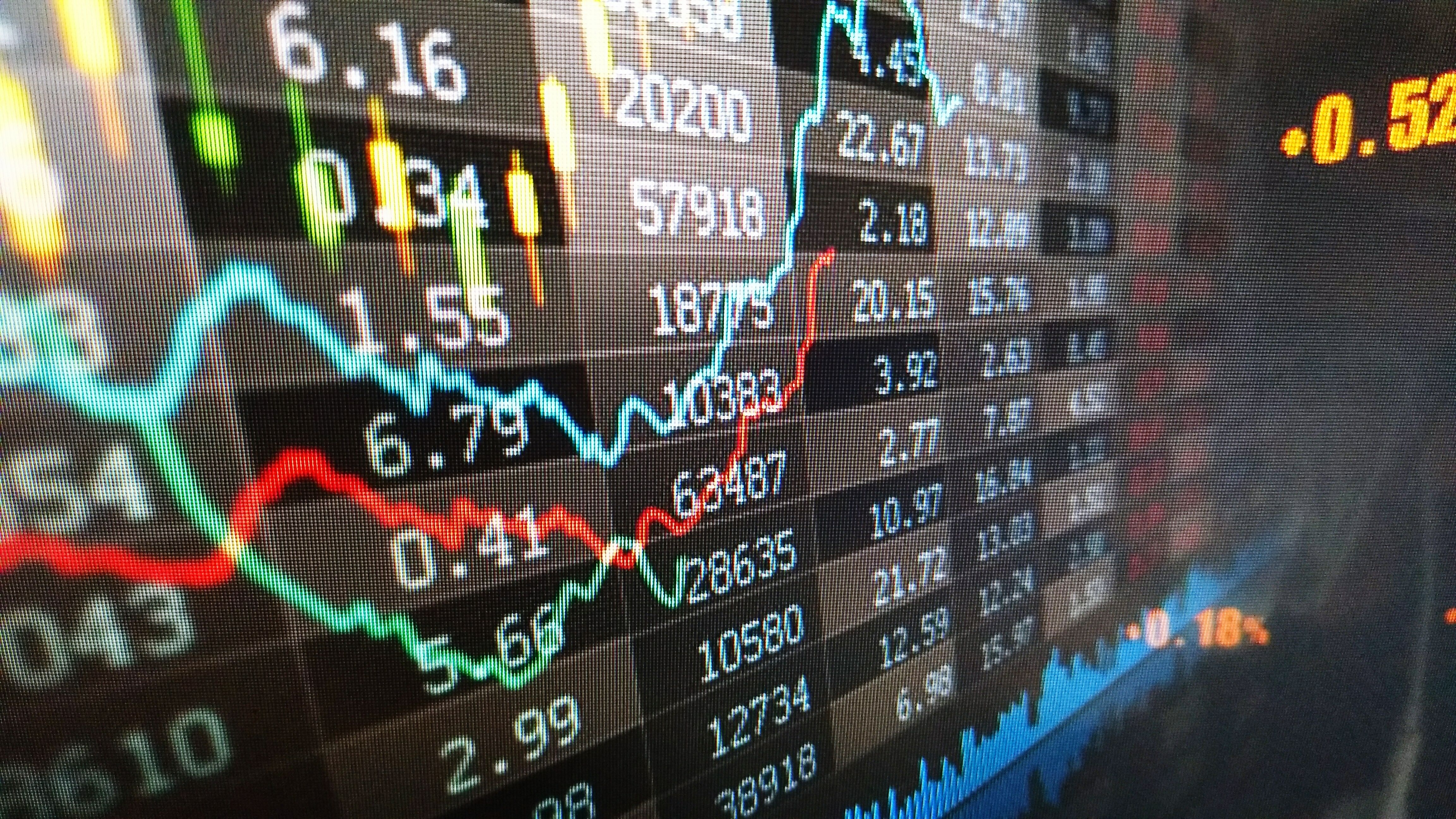EQUITIES
Asia-Pacific markets mostly rose on Tuesday as investors assess the uncertainty in Russia and Ukraine, and the related sanctions.
Japan’s Nikkei 225 led the gains regionally as it rose 1.55%, while in China, the Shanghai composite gained 0.28%. Hong Kong’s Hang Seng index slipped 0.08% lower.
Australia’s S&P/ASX 200 was up 0.75%, and in Singapore, the FTSE Straits Times Index gained 0.85%.
Elsewhere, South Korea markets are closed for a holiday.
OIL
Crude oil prices eased on Tuesday as markets calmed after the U.S. and allies reportedly discussing a coordinated release of crude stocks in a bid to mitigate any disruption of oil and gas supplies from Russia.
Canada became the first Western nation to specifically target Russian energy when it said it will ban Russian crude oil imports. The White House said it has not ruled out restrictions on U.S. purchases of oil and gas but has not sanctioned the industry so far.
Meanwhile the OPEC+ are due to meet on March 2. The group is expected to stick to plans to add 400,000 bpd of supply in April. Ahead of the meeting, the organization revised down its forecast for the oil market surplus for 2022 by about 200,000 bpd to 1.1 million bpd, underscoring market tightness.
The Brent traded at $98.84 per barrel, while the U.S. crude futures traded at $96.50 per barrel.
CURRENCIES
The dollar index, which measures the greenback against six major rivals, was last at 96.862, rising 0.12%.
The currency was helped by a tick up in U.S. benchmark 10-year yields, after they dropped to an almost one-month low overnight as investors sought the safety of Treasuries, even with the Federal Reserve seen certain to raise interest rates at its policy meeting next month.
Benchmark 10-year U.S. Treasury yields were at 1.859% gradually walking back a little ground from Monday's tumble.
The Reserve Bank of Australia kept rates on hold at 0.1% at its meeting, in line with expectations. It said the war in Ukraine is a “major new source of uncertainty,” and that it is monitoring how various factors affect inflation in Australia.
The rouble started the week in dramatic circumstance, nosedived as much as 30% to a record 120 per dollar after Western countries and their allies slapped Russia with new sanctions including cutting off some banks from the SWIFT financial network. The currency regained some stability on Tuesday after an emergency rate hike that raised the benchmark interest from 9.5% to 20% and other urgent measures adopted by the Russian central bank, and last traded flat at 101.
Bitcoin edged back toward $43,380 after leaping to a nearly two-week high above $44,000 overnight.
GOLD
Gold prices eased on Tuesday. Spot gold was 0.20% lower at $1,905.30 an ounce, having risen as high as 1,973.96 last week and about 6.5% in February. U.S. gold futures rose 0.38% to $1,907.90.
Auto-catalyst metal palladium slipped 0.6% to $2,489.50 after reaching its highest level since July 2021 at $2,711.18 last week. Spot silver rose 0.15% to $24.40 per ounce, while platinum added 0.80% to $1,046.90.
ECONOMIC OUTLOOK
Asian shares edging up on Tuesday as a modicum of calm has returned to currency markets since officials from Russia and Ukraine held an initial round of ceasefire talks overnight, five days after Russia invaded its neighbour.
Though the high-level talks between Kyiv and Moscow on Belarusian border last night ended with no agreement except more negotiations could happen soon, markets stabilised on signs of no immediate escalation of sanctions.
The participants in the meeting are expected to give comments for the media on the results of the negotiations.
The U.S. and its allies have announced heavy sanctions on Moscow, including cutting off some of Russia's banks from the SWIFT financial network and limiting Moscow's ability to deploy its $630 billion foreign reserves. Meanwhile Canada became the first Western nation to specifically target Russian energy when it said it will ban Russian crude oil imports. The White House said it has not ruled out restrictions on U.S. purchases of oil and gas but has not sanctioned the industry so far.
A stream of Western companies pulling out of Russia is expected to grow as corporations and investors across industries follow the lead of energy firms BP and Shell, which abandoned multibillion-dollar positions after the invasion.
China’s official manufacturing PMI for February was 50.2, beating analyst expectations of a reading of 49.9 in a Reuters poll. The February figure is slightly higher than January’s 50.1. The private PMI survey also showed growth in China’s factory activity.
On the earnings front, Chinese tech giant Baidu is expected to announce its fourth-quarter results late in Asia.













